The real truth about climbing Elbrus that tour operators don’t tell you (9 photos)
Everything turned out to be not at all as easy and simple as travel agencies describe. . 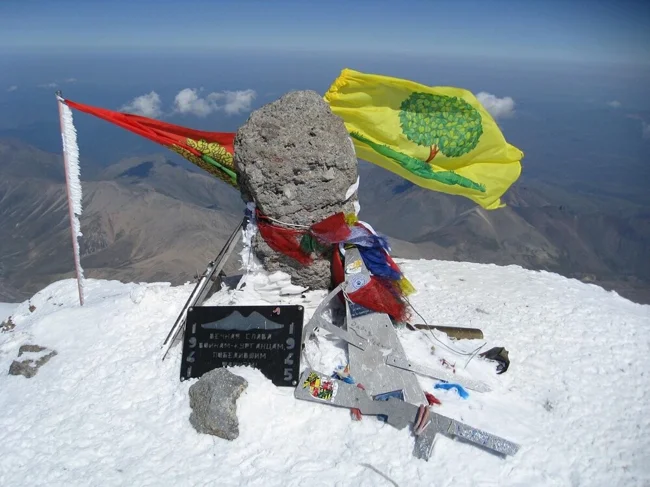
There are many articles and videos about how teenagers, the elderly, and people without sports training climb the mountain. Supposedly you can cover the lion's share of the distance on a snowcat, but then you can walk for a few hours, and that's it - you're at the top. And after that people think that it’s easy, they buy tickets, rent the necessary things, and then... Then they leave the race.
Like, all you have to do is buy a tour (well, like going to a hotel by the sea), and now you’re already an experienced climber. Only then do we read rescue stories in the news that do not always end positively. 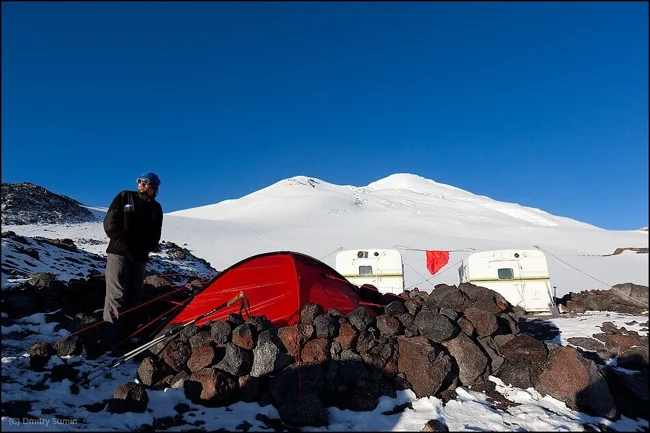
My friend Sergei recently climbed. And he shared the most common misconceptions about grief. True, all these misconceptions are actively promoted by representatives of travel agencies who make good money from those who want to conquer the highest mountain in Europe.
Elbrus is easy
The instructors (there were two of them, and each climbed Elbrus more than 50 times, one was a professional rescuer) immediately said that Elbrus is the European Everest. Despite the difference in height, our volcano is considered almost as difficult to climb. One reason is the weather. It is impossible to predict what will happen over the mountain in a couple of hours. Even popular weather apps for climbers make mistakes.
Therefore, you cannot think that it will be easy for you and that you will definitely climb to the top even from the south. 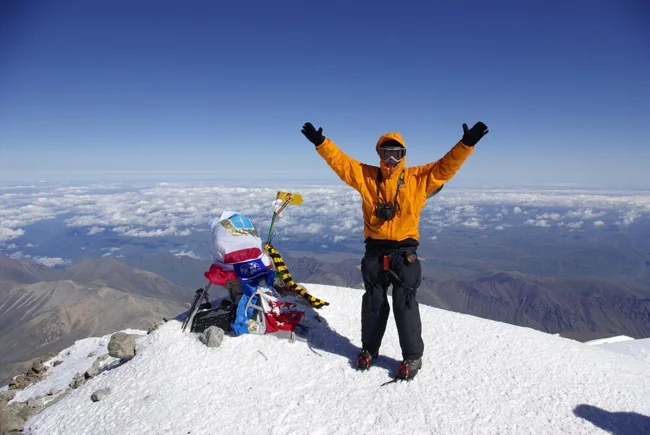
The southern slope is considered quite easy, since climbers live in prepared shelters. There is no need to spend the night in tents and carry large backpacks with all your belongings. They climb to a height of 3800 m by cable car, go on training climbs for several days, and then go to the ascent. And even up to a height of 5100 m, a snowcat can take you. And it seems that all that remains is to climb some 560 m.
No! Even for the ascent from the south you need to prepare psychologically. No one promises you 100% that you will rise. Especially if you want to get there on your own.
Beware of those companies that guarantee a rise to the top.
Elbrus is difficult and dangerous (more than 10 people stay on the mountain every year). The body works differently here even among trained climbers who, for example, have climbed seven-thousanders. 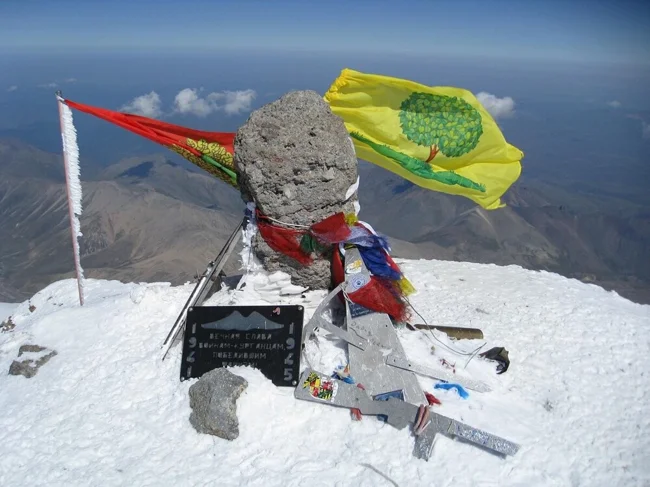
Possible without preparation
Don't believe beautiful promises that you can climb the mountain in 3 days or even 5. You might be lucky. Or maybe not. It seems that this is not the case when it is simply worth risking life and health.
You need to start preparing for the ascent 3-6 months in advance. This is especially true for those who do not play sports.
Try to train 4-5 times a week, reduce your activity closer to the tour so that your body adapts a little. It is important. As the instructors say: if you run 10 km without stopping at a low heart rate, then there is a very high probability that you will rise. Yes, no one knows 100% how the body will behave at altitude. But the body will be ready. 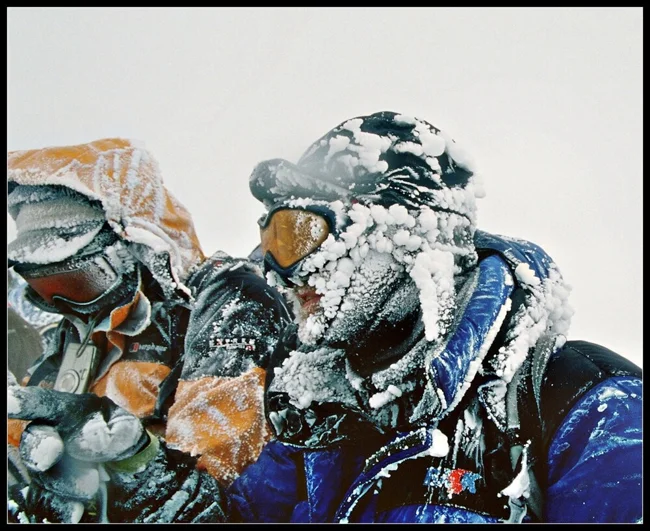
Here's what experienced climbers say:
“There is such a strange individual feature of the body, which is called the “altitude threshold”. This is when, for any duration of acclimatization, a person cannot rise above a certain altitude (say, 4000 m) - they become very ill, even to the point of losing consciousness. This is an individual It’s a peculiarity of the body, and even medications don’t help. I don’t know how many people out of a thousand this occurs, but I saw such people on Elbrus.”
Okay, people take pills, exercise. But they rarely do one thing - they do not accustom the body to food that will be at its best. They eat as they ate, and then oops, and climb up the mountains. And there is a very limited diet. And the body simply does not have time to adapt, diarrhea, vomiting, and nausea begin. 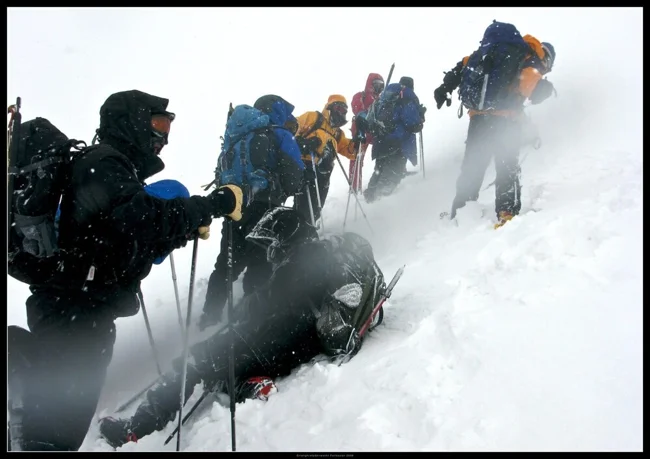
Yes, with the help of tablets you can extinguish all this. But it’s better to switch over a couple of weeks to a diet similar to what you’ll have in the mountains. The body already expects stress due to the climb and heavy loads. And then there’s the need to adapt to food.
A week is enough
A reference to the myth that it is easy to climb. Most travel agencies offer a couple of days of acclimatization at altitudes of 2500-3000m, then ascent, radial climbs at altitude, and by about day 6 - ascent. And sometimes on the 5th day, if there is some kind of express tour. Supposedly it's easy.
Yes, it’s easy for 5-10%, whose body can quickly adapt. But the rest, ideally, need 7-10 days for acclimatization in order to climb at a good pace, sometimes enjoy the surrounding views, and not climb with the last of your strength with the thoughts: “Why did I come here and when will we get to the top.” Even if they get there, there is no euphoria, because the strength is at zero, and there is still a descent ahead. Although it is shorter in time, it is harder. 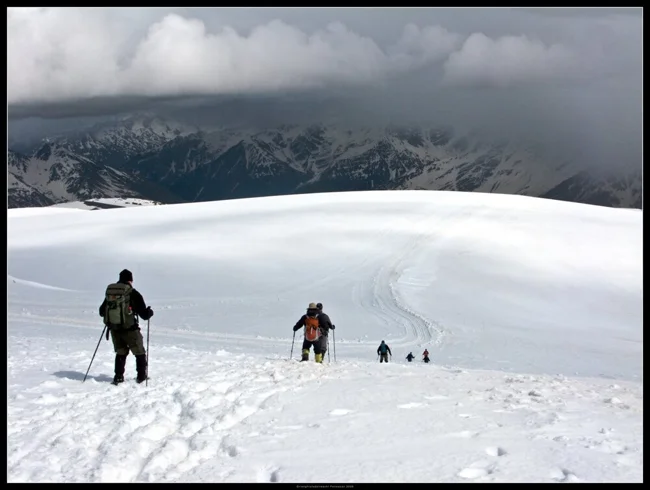
“There is a rule of acclimatization: you should always sleep at night at an altitude lower than the multi-day climbing process achieved that day. All promises in the spirit of: “Elbrus in 3 days” usually do not end well,” say the climbers
Therefore, choose tours where acclimatization will be at least a week. This way you will gradually get used to the thin air and stress at altitude. Perhaps, due to gradual balanced loads, the “miner” will overtake you. 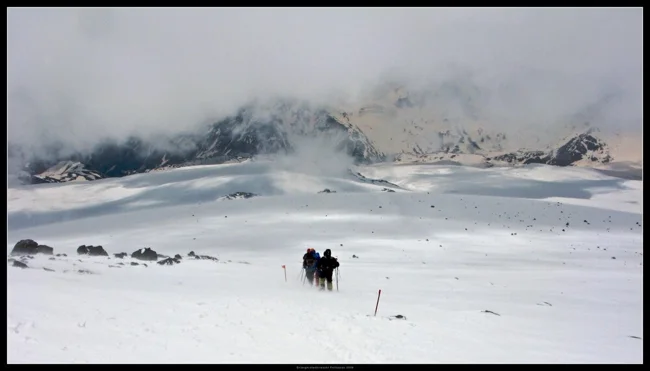
The more expensive the tour, the greater the chances of success
I think you already understand perfectly well that it’s not about money at all. If your goal is the summit, then it doesn’t really matter whether you live in a tent and cook on a stove, or whether the overnight stays will be organized in a chalet, and there will be a cook in the group.
When it comes to life and health, the only thing that matters is the training and experience of the guide. And the composition of the team. One guide-instructor for 2-3 people in a group is considered optimal. 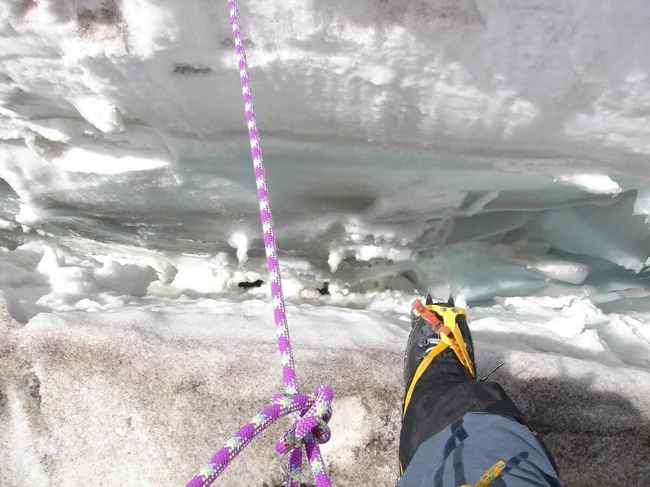
Be sure to check the qualifications of the guide. Locals say that many travel agencies during the season simply hire yesterday’s tourists with a minimum of mountaineering experience as guides. I would not want my life to be in the hands of an unknown person.
What's the result?
Elbrus is difficult. Throw out of your head the mischievous sentiments that you will rise without problems, because “the woman in the video got it.”
Everyone’s body is different: even an experienced climber cannot be sure how his body will behave at altitude.
Prepare at least 3 months in advance: cardio and endurance training, body adaptation, nutrition changes.
Weekly acclimatization: ideally, you should climb Elbrus at least on the 8th or 9th day. More is better.
